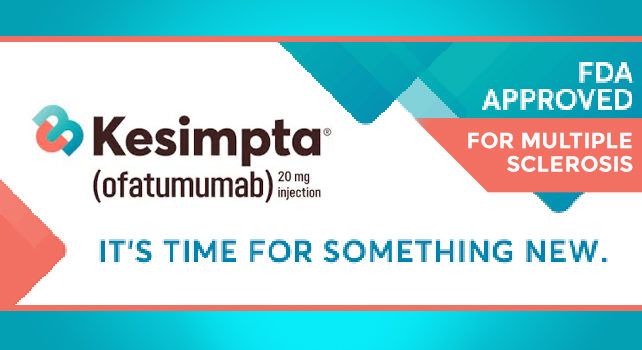

Multiple Sclerosis – A New Treatment, A New Hope
by Guest Author
A new self-administered drug for the treatment of Multiple Sclerosis has been approved by the US Food and Drug Administration (FDA). In a clinical trial, it outperformed an existing oral drug, with respect to decreasing relapses and new areas of nerve damage seen on MRI. Pacific Neuroscience Institute’s Dr. Barbara Giesser is optimistic but cautious.
What is Multiple Sclerosis?
Multiple Sclerosis (MS) is a chronic and unpredictable autoimmune disease that affects almost a million Americans, with two to three times more women than men being affected. Generally diagnosed between the ages of 20 and 50, it is characterized by a mistaken attack by the body’s immune system against one of its own body components, myelin, the fatty substance that surrounds the nerves.
This leads to damage of the brain, spinal cord and optic nerves, which can result in increasing disability. While the cause of Multiple Sclerosis is not known, it is believed to be a combination of genetic and environmental factors.
Kesimpta® (ofatumumab) – The New Kid on the Block
Kesimpta (ofatumumab) was approved for the treatment of Multiple Sclerosis by the US Food and Drug administration (FDA) in August of this year. Kesimpta is a monoclonal antibody that targets CD 20 positive B cells, as is the existing infused medication Ocrevus®. However, since there has not been a study that directly compares the two, Dr. Giesser states that it is impossible to currently say whether one works better than the other.
Kesimpta presents an attractive alternative to existing medications in that it can be self-administered through monthly self-injections, in contrast to infused medications such as Ocrevus®, that require a visit of several hours to an infusion center twice a year. Also, after the medication is stopped, the B cells return somewhat sooner after Kesimpta, than after Ocrevus.
In addition, in a clinical trial published in the August 6, 2020 edition of The New England Journal of Medicine, Kesimpta was clearly more effective than an orally administered medication, teriflunomide, while showing a similar safety profile with regard to infection rates. Dr. Giesser, a neurologist who specializes in the care of persons with MS at Pacific Neuroscience Institute in Santa Monica, California, has noted and commented upon these differences.
A Glance at Existing Multiple Sclerosis Medications
There are currently almost two dozen medications that are used to treat Multiple Sclerosis that can be administered orally, by injection, or by infusion, allowing for multiple treatment options. While these disease-modifying therapies (DMTs) can reduce the number and severity of relapses, and in some cases, slow disease progression, they are not a cure.
According to Dr. Giesser, there is “no one-size-fits-all” treatment, and “choosing a disease-modifying drug is very nuanced; it has to be an individualized decision” based upon different factors such as the severity of the disease, co-existing health conditions, or plans to have children.
Two other medications currently in use for treating persons with MS work by depleting B cells, components of the immune system which play a key role in the way that the immune system attacks the nerves, but which also participate in normal immune responses. This leads to the obvious concern that patients with a depleted number of B cells may become more susceptible to infections. Based upon the use of B cell depleting therapies to date, Dr. Giesser believes that there could be a small increase in the risk of infection with the use of Kesimpta.
What Does This Mean for the Future of MS Treatment?
Multiple Sclerosis is a complex disease, and individuals vary not only in the range and severity of symptoms, but also in their responses to different treatments. The approval of Kesimpta by the FDA for therapeutic use provides an additional treatment option for patients that is convenient and effective. Clearly, further studies are necessary to determine its true range and efficacy; nonetheless, it is a drug that appears to have the potential to positively impact – both directly and indirectly – the lives of thousands of individuals.
About Dr. Barbara Geisser
Barbara S. Giesser, MD, FAAN, FANA, is an internationally recognized clinician and award-winning educator who has specialized in the care of persons with Multiple Sclerosis since 1982.

At the Brain Health Center at Pacific Neuroscience Institute in Santa Monica, CA, her approach to the diagnosis and management of people with MS combines state of the art diagnostics and a personalized medication plan for each patient with an emphasis on integrating lifestyle and wellness strategies into the neurologic treatment plan.
For more information on how to contact Dr. Barbara Giesser, call 310-582-7613.
References:
https://www.nationalmssociety.org/
Written by Leela Basu, PhD
Leela Basu is a scientific writer with a background in biological research and education.
Last updated: November 18th, 2020